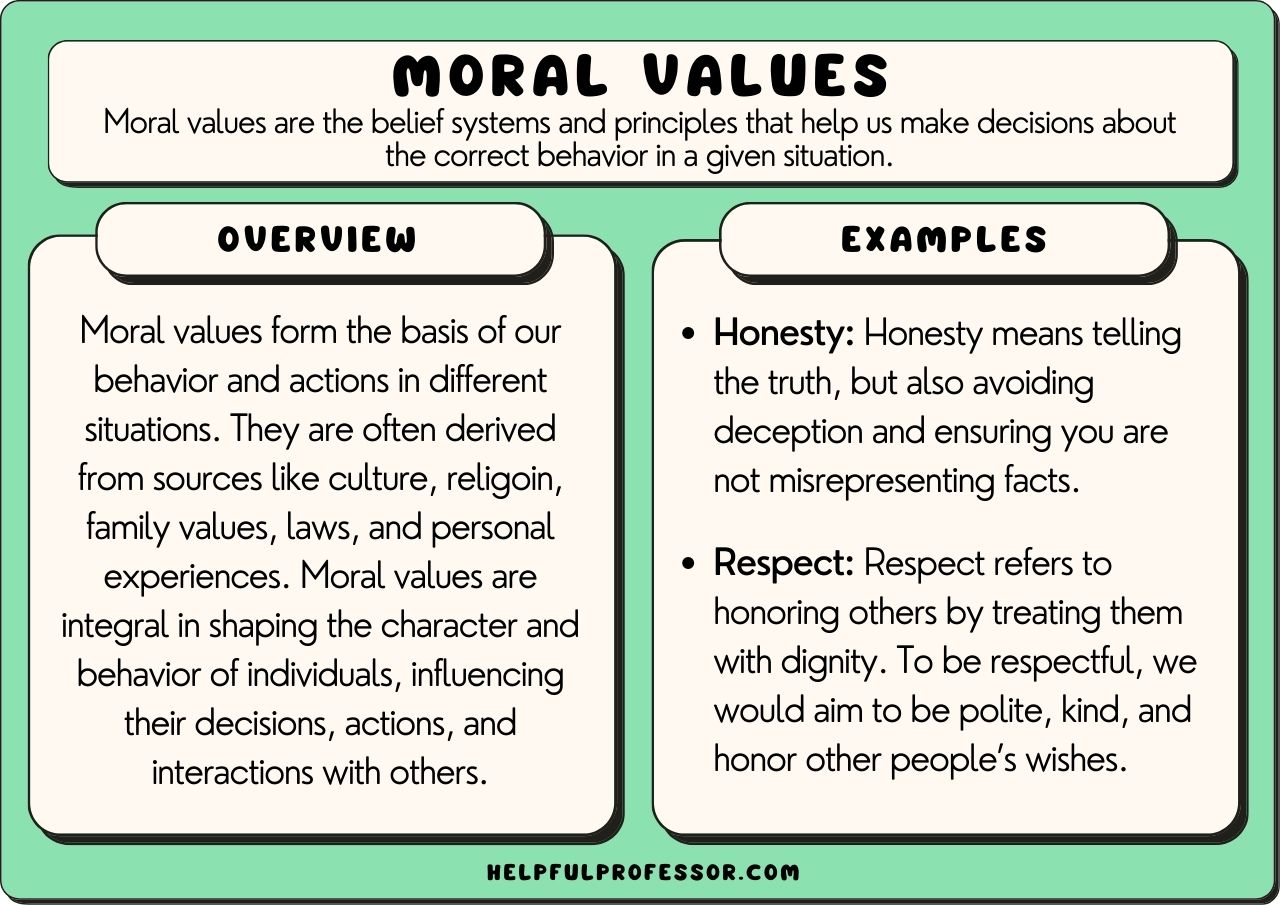Understanding The Good Life: Values, Goals, And Actions

Table of Contents
Identifying Your Core Values: The Foundation of a Good Life
Your core values are the fundamental beliefs and principles that guide your decisions and shape your life. They act as a compass, directing you toward choices that align with your deepest sense of self and purpose. Understanding your values is crucial for building a life that feels authentic and fulfilling. Without this foundation, your goals may feel hollow, and your actions may lead you astray.
Examples of core values include:
- Family: Prioritizing strong relationships and connection with loved ones.
- Health: Nurturing physical and mental well-being through exercise, healthy eating, and mindfulness.
- Creativity: Expressing yourself through art, music, writing, or other creative pursuits.
- Learning: Continuously seeking knowledge, expanding your skills, and challenging yourself intellectually.
- Contribution: Making a positive impact on the world through volunteering, advocacy, or your profession.
- Spirituality: Connecting with something larger than yourself, finding meaning and purpose beyond the material world.
Exercises for Identifying Your Personal Values:
- Journaling: Spend time reflecting on moments of joy and fulfillment. Ask yourself, "What truly matters to me?" What experiences brought you the greatest sense of purpose and happiness?
- Values Clarification Exercise: Create a list of potential values, then rank them in order of importance to you. This exercise helps prioritize what truly resonates.
- Reflection on Past Experiences: Analyze significant life events. What values were demonstrated during those times? Did your actions align with your beliefs?
Setting Meaningful Goals: Translating Values into Action
Once you've identified your core values, you can begin setting meaningful goals that align with them. Goals provide direction, purpose, and a sense of accomplishment. They act as the stepping stones on your path to a fulfilling life. It's crucial to distinguish between short-term and long-term goals.
- Short-term goals are smaller, achievable steps that contribute to your larger aspirations. These provide immediate motivation and a sense of progress.
- Long-term goals are your larger aspirations, representing the ultimate vision for your life. These often take months or years to achieve.
The SMART goals framework is a helpful tool for effective goal setting:
- Specific: Clearly define what you want to achieve.
- Measurable: Establish ways to track your progress.
- Achievable: Set realistic goals that are within your reach.
- Relevant: Ensure your goals align with your values and overall life purpose.
- Time-bound: Set deadlines to maintain focus and accountability.
Examples of meaningful goals:
- Career: Get promoted, start a business, acquire new skills.
- Relationships: Strengthen family bonds, build new friendships, improve communication.
- Personal Growth: Learn a new language, travel to a new country, overcome a fear.
- Health: Improve fitness, adopt a healthier diet, reduce stress.
Taking Action: Building Habits for a Fulfilling Life
Goals without action remain just dreams. The crucial element in achieving a good life is consistent, focused action. This involves building positive habits that support your goals and values.
Strategies for Habit Formation:
- Start Small: Begin with small, manageable steps to avoid feeling overwhelmed.
- Consistency: Focus on consistency rather than perfection. Small daily actions accumulate over time.
- Positive Reinforcement: Reward yourself for achieving milestones to maintain motivation.
- Accountability: Share your goals with a friend or mentor to stay accountable.
Overcoming Obstacles:
Fear, procrastination, and self-doubt are common obstacles. Address them by:
- Breaking down tasks: Divide large goals into smaller, less intimidating steps.
- Practicing self-compassion: Acknowledge setbacks as part of the process and learn from them.
- Seeking support: Connect with friends, family, or professionals for guidance and encouragement.
Cultivating Your Good Life
Building a good life is a continuous journey of self-discovery, growth, and action. It's about the interconnectedness of values, goals, and actions, constantly refining your path as you learn and evolve. Self-reflection is key to ensuring your life choices remain aligned with your deepest desires and aspirations. Remember to celebrate your progress, learn from challenges, and never stop striving for a life that is truly fulfilling and meaningful.
Start today! Begin identifying your core values, set meaningful goals, and take consistent action towards building your good life. Explore additional resources on personal development and self-improvement to further your journey. Embrace the process, and enjoy the rewarding journey of cultivating your unique and fulfilling life.

Featured Posts
-
 New Covid 19 Variant Jn 1 A Growing Concern In India Symptoms And Prevention
May 31, 2025
New Covid 19 Variant Jn 1 A Growing Concern In India Symptoms And Prevention
May 31, 2025 -
 Analysis Elon Musks Awkward Interaction With Trump In Saudi
May 31, 2025
Analysis Elon Musks Awkward Interaction With Trump In Saudi
May 31, 2025 -
 The Legacy Of Nonna Staten Islands Italian Culinary Heritage
May 31, 2025
The Legacy Of Nonna Staten Islands Italian Culinary Heritage
May 31, 2025 -
 Soaring Pet Bills In The Uk The Impact Of Corporate Veterinary Targets
May 31, 2025
Soaring Pet Bills In The Uk The Impact Of Corporate Veterinary Targets
May 31, 2025 -
 Texas Panhandles Resilience A Year After The States Largest Wildfire
May 31, 2025
Texas Panhandles Resilience A Year After The States Largest Wildfire
May 31, 2025
